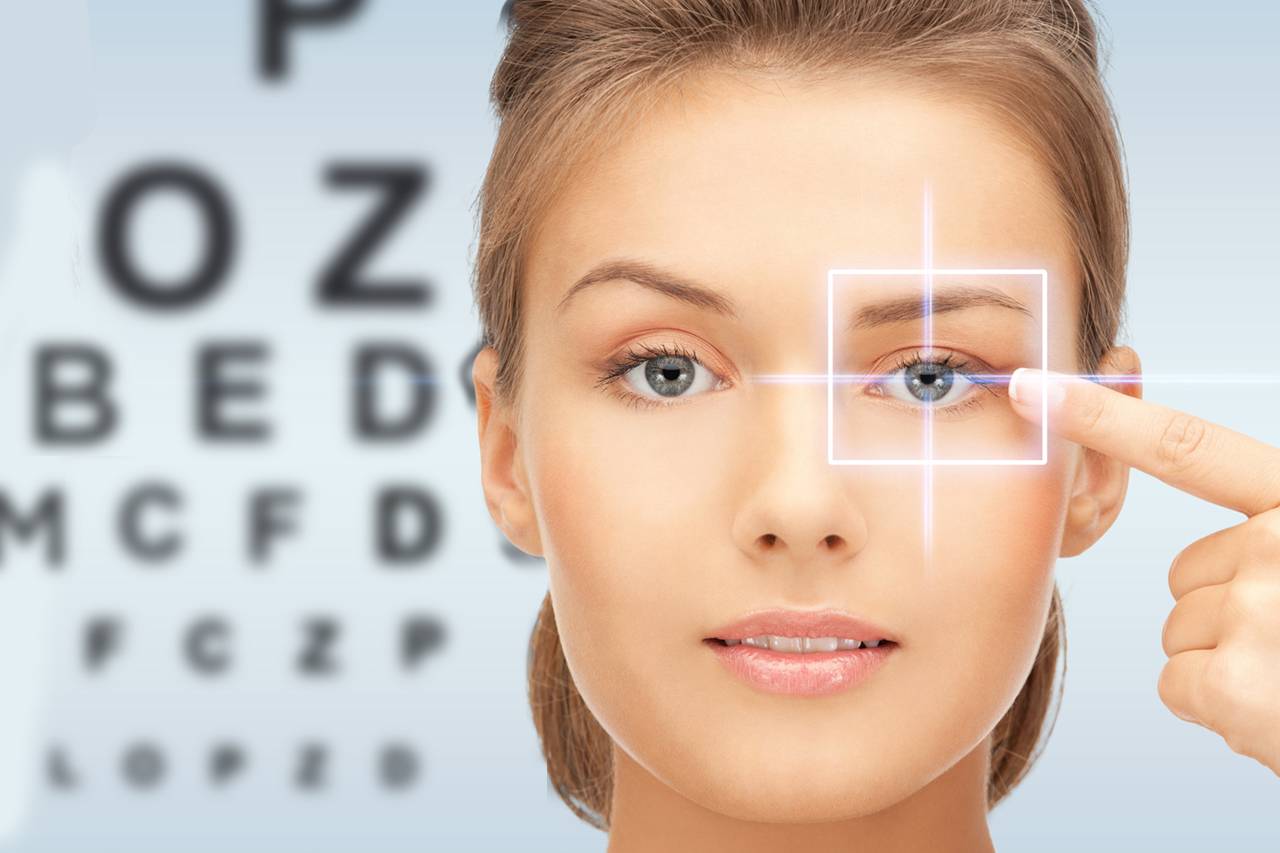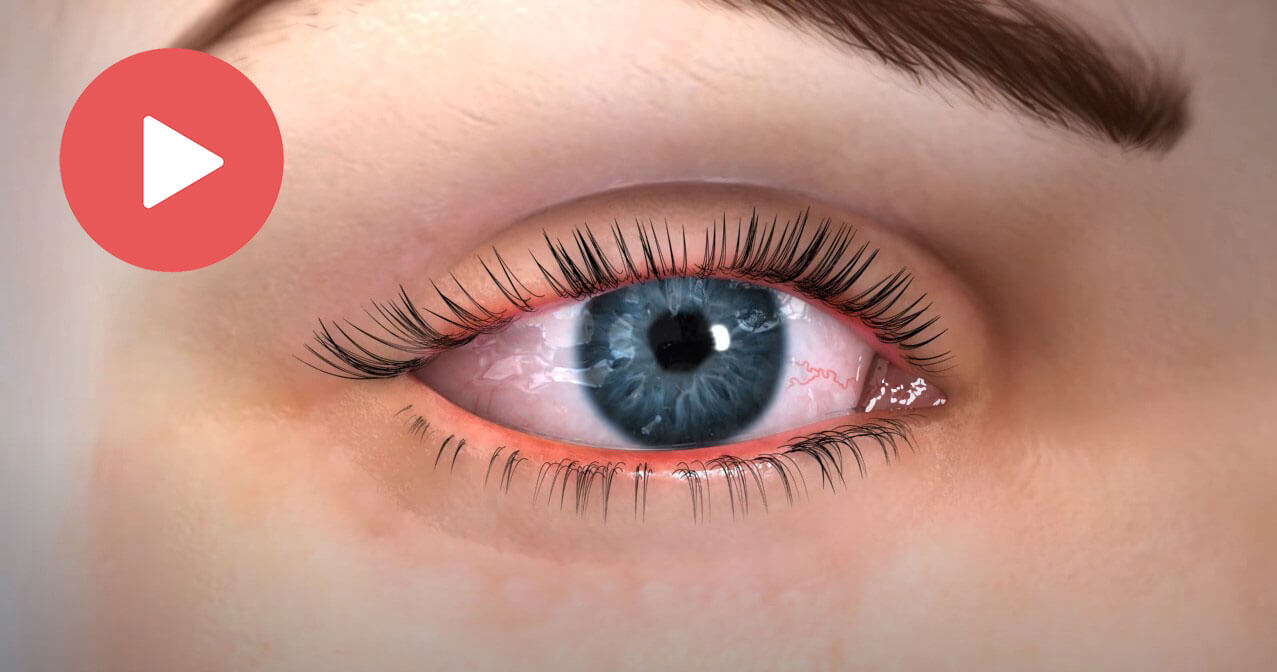All Categories
Featured

While many people understand the value of securing their skin from the sunlight, the damaging impacts of ultraviolet (UV) rays on eye wellness typically go ignored. Excessive direct exposure to UV radiation can lead to a range of eye issues, some of which can result in permanent damages. Whether you're taking in the sunlight on a summer day or strolling outdoors on an over cast afternoon, guarding your eyes from UV rays is essential. Below's what you require to find out about the results of UV radiation on your eyes and just how to protect them.
What Are UV Rays? UV rays are a kind of electro-magnetic radiation given off by the sun. They are categorized into three kinds:
UVA Rays: These permeate deep right into the skin and eyes and can add to long-term damages. UVB Rays: These rays are much more intense than UVA and are largely accountable for surface-level damage to the eyes and skin. UVC Rays: These are the most dangerous however are mostly absorbed by the Earth's ozone layer and do not usually reach us. UVA and UVB rays are the main perpetrators behind eye-related damages.
Short-Term Results of UV Exposure on the Eyes. Also short-term direct exposure to extreme UV rays can damage your eyes. One usual condition triggered by this is photokeratitis, or "sunburn of the eye." Symptoms of photokeratitis consist of:
Excruciating, red eyes. Level of sensitivity to light. Tearing or excessive watering. Short-term vision loss or blurred vision. Photokeratitis is normally temporary, but it functions as a warning of just how harmful UV direct exposure can be, also in little doses.
Long-Term Impacts of UV Exposure. Prolonged direct exposure to UV radiation can bring about a lot more serious and irreversible eye problems, such as:
Cataracts: UV rays can accelerate the development of cataracts, a condition that causes clouding of the eye's all-natural lens, causing fuzzy vision and, if untreated, blindness.

Macular Degeneration: UV direct exposure can harm the retina, especially the macula, raising the danger of age-related macular degeneration (AMD), which affects central vision.
Pterygium: A growth of cells on the white part of the eye that can prolong over the cornea, triggering pain, soreness, and vision troubles.
Pinguecula: UV direct exposure can trigger yellow-colored deposits to develop on the conjunctiva, leading to irritability and dryness.
Skin Cancer Around the Eyes: The fragile skin surrounding your eyes is extremely at risk to UV radiation, boosting the danger of skin cancers like basic cell carcinoma and squamous cell carcinoma.
How to Secure Your Eyes from UV Rays. Securing your eyes from UV rays is simple and requires a few conscious practices:
Purchase High Quality Sun glasses: Pick sunglasses that block 100% of UVA and UVB rays. Seek labels that define "UV 400" security. Wrap-around styles are suitable as they obstruct UV rays from the sides too.
Wear a Wide-Brimmed Hat: A hat with a brim a minimum of three inches wide can dramatically reduce UV direct exposure to your eyes and face.
Limitation Direct Exposure Throughout Top Hours: UV rays are toughest between 10 a.m. and 4 p.m. If you have to be outdoors during these hours, make certain you're adequately shielded.
Don't Be Fooled by Clouds: UV rays can penetrate via clouds, so it's vital to use sunglasses even on cloudy days.
Secure Your Eyes Year-Round: Snow, sand, and water can show UV rays, escalating their results. Eye security isn't just for warm summertime days-- guarantee you're covered in all periods.
Use UV-Blocking Call Lenses: Lots of contact lenses currently come with UV protection. If you put on get in touches with, ask your optometrist about lenses with built-in UV filters for included protection.
Urge Eye Protection for Kid: Kid's eyes are extra sensitive to UV rays because their lenses are clearer, allowing more radiation to reach the retina. Ensure they use sunglasses and hats throughout outside tasks.
Routine Eye Examinations. Regular exams with an eye care expert are crucial for very early discovery of any type of UV-related damages. An eye doctor or ophthalmologist can evaluate your eyes, suggest safety measures, and identify problems like cataracts or macular deterioration early.
Final thought. By putting on UV-blocking sunglasses, limiting sunlight direct exposure throughout height hours, and remaining constant with eye exams, you can guarantee your eyes remain healthy and your vision stays clear for years to come. Protecting your eyes from UV radiation isn't simply concerning convenience-- it's a necessary step in preserving your lasting eye health.
Latest Posts
Specialist Residential Roof Covering Solutions You Can Trust Fund
Expert Residential Roof Covering Solutions You Can Count On
Explore Reduce Expenses on Car Maintenance with Montclare Auto Repair’s Special Deals
More
Latest Posts
Specialist Residential Roof Covering Solutions You Can Trust Fund
Expert Residential Roof Covering Solutions You Can Count On
Explore Reduce Expenses on Car Maintenance with Montclare Auto Repair’s Special Deals